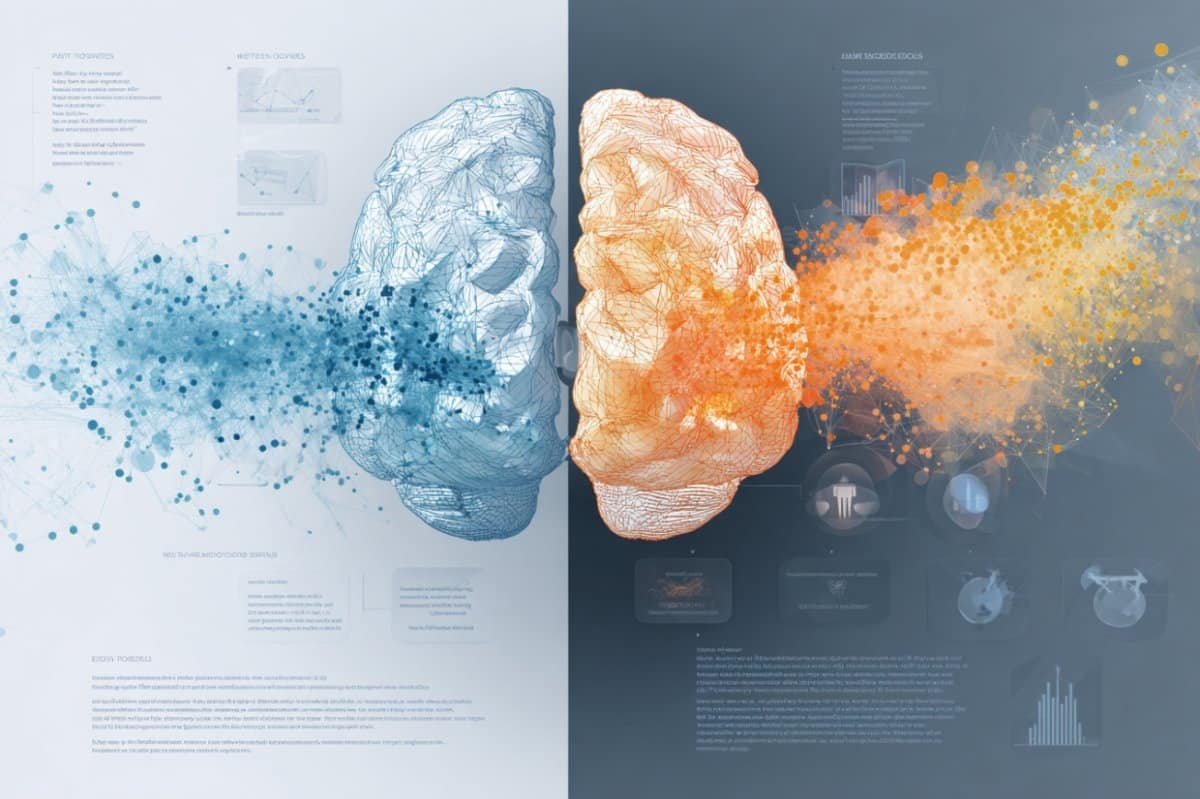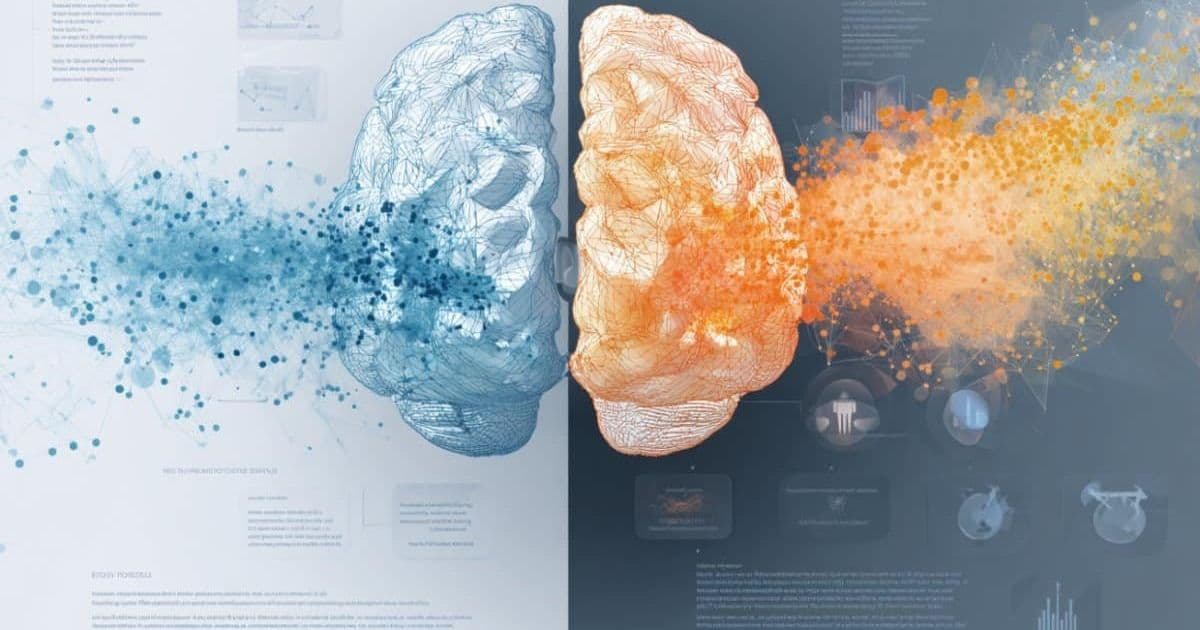A groundbreaking study using GPT-3 and topological data analysis shows that online hate speech on Reddit mirrors language patterns in communities for Cluster B personality disorders. While not implying diagnostic links, the findings suggest hate speech cultivates traits like low empathy, offering a novel lens for AI-driven interventions in digital safety and mental health.

Online hate speech isn't just a social ill—it's a linguistic phenomenon with eerie parallels to psychiatric communication patterns, as uncovered by artificial intelligence. A new study published in PLOS Digital Health leverages advanced AI tools to dissect thousands of Reddit posts, revealing that hate speech communities share striking speech-pattern similarities with forums dedicated to borderline, narcissistic, and antisocial personality disorders. This research, led by Dr. Andrew William Alexander and Dr. Hongbin Wang of Texas A&M University, harnesses machine learning to map the hidden topography of toxic online behavior, opening doors to innovative countermeasures.
The AI Methodology: Decoding Language with GPT-3 and Topological Analysis
The researchers employed a sophisticated pipeline to analyze posts from 54 Reddit communities, including banned hate groups like r/Incels and misinformation hubs like r/NoNewNormal, alongside neutral and mental health-focused forums such as r/ADHD. Using OpenAI's GPT-3, they converted text into high-dimensional numerical "embeddings"—vector representations that capture semantic nuances often invisible to human readers. These embeddings were then processed through machine learning classifiers and topological data analysis (TDA), a mathematical technique that visualizes complex relationships in data as interconnected maps. As Dr. Alexander explains:
"Our results show that the speech patterns of those participating in hate speech online have strong underlying similarities with those participating in communities for Cluster B personality disorders. These disorders are generally known for either lack of empathy or difficulties managing anger."
This approach allowed the team to quantify linguistic overlaps without inferring diagnoses—highlighting patterns, not pathologies.
Key Findings: Hate Speech as a Mirror to Psychological Traits
The analysis pinpointed robust parallels between hate speech and language in communities for Cluster B disorders (borderline, narcissistic, antisocial), as well as complex PTSD. These groups exhibited shared traits like emotional dysregulation, reduced empathy, and adversarial communication styles. In contrast, links between misinformation communities and psychiatric conditions were weaker, with only tentative ties to anxiety disorders. Crucially, the study emphasizes that this correlation does not mean individuals with mental health conditions are more prone to hate speech. Instead, it suggests that prolonged exposure to hate communities might foster similar traits in users, potentially eroding empathy over time.
Implications for Tech: From Analysis to Intervention
This research transcends academic curiosity—it offers actionable insights for developers and online safety teams. The linguistic similarities imply that therapeutic strategies for personality disorders, such as cognitive-behavioral techniques focusing on empathy building or emotional regulation, could be adapted algorithmically for content moderation or user interventions. For instance, AI models could flag language patterns associated with emerging toxicity in real-time, triggering supportive resources rather than punitive measures. As the authors note, this could shift the paradigm in combating online harm from reactive censorship to proactive mental health-informed approaches.
The findings also underscore the dual-edged nature of large language models: while they enable deep sociotechnical analysis, they could inadvertently normalize harmful speech if trained on toxic datasets. Developers working on social media algorithms must prioritize ethical AI design, incorporating safeguards that detect and mitigate these patterns without stigmatizing mental health.
As digital spaces increasingly shape human interaction, this study illuminates how AI can unravel the complex weave of language and behavior—transforming bytes into bridges for healthier online ecosystems. The path forward lies not in isolating hate, but in understanding its roots to foster resilience through technology.
Source: Alexander, A.W. & Wang, H. (2024). Topological data mapping of online hate speech, misinformation, and general mental health: A large language model based study. PLOS Digital Health.

Comments
Please log in or register to join the discussion